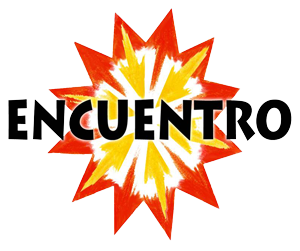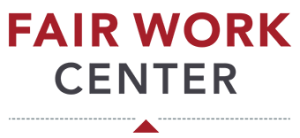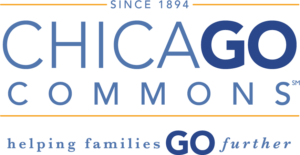Hired – Minneapolis, MN
Hired is a Minneapolis-based nonprofit whose work centers on advancing economic opportunity justice, and career advancement for individuals deeply affected by historic and systemic inequities. This includes engaging individuals who face barriers to career advancement as a result of limited work or educational experience, justice system involvement, unstable living conditions, and other situational barriers to employment. Core services include individualized support and planning, life and career-focused coaching, and career training.
Hired’s Medical Manufacturing Career Pathway program provides workers and learners with support to build job readiness skills, customer service, workplace professionalism, and computer skills in addition to hands-on practice preparing for medical device assembly.
With support from the Fund for Workforce Equity, Hired is working with one of its top employer partners in the Medical Manufacturing Career Pathway, Medtronic, to center workers and learners of color in the design and implementation of a new employee retention program at the company.
To date, the project team has convened their leadership team to launch programming and guide project implementation, completed focus group feedback sessions with employees, and convened the leadership group to review feedback and responses to concerns raised and to initiate the next phase of the pilot project, which includes delivery of on-site services.
“Our work in centering workers and learners of color in designing and implementing programs is underway, and we are excited with our progress,” said Deanna Threadgill, Advancement Director at Hired.




